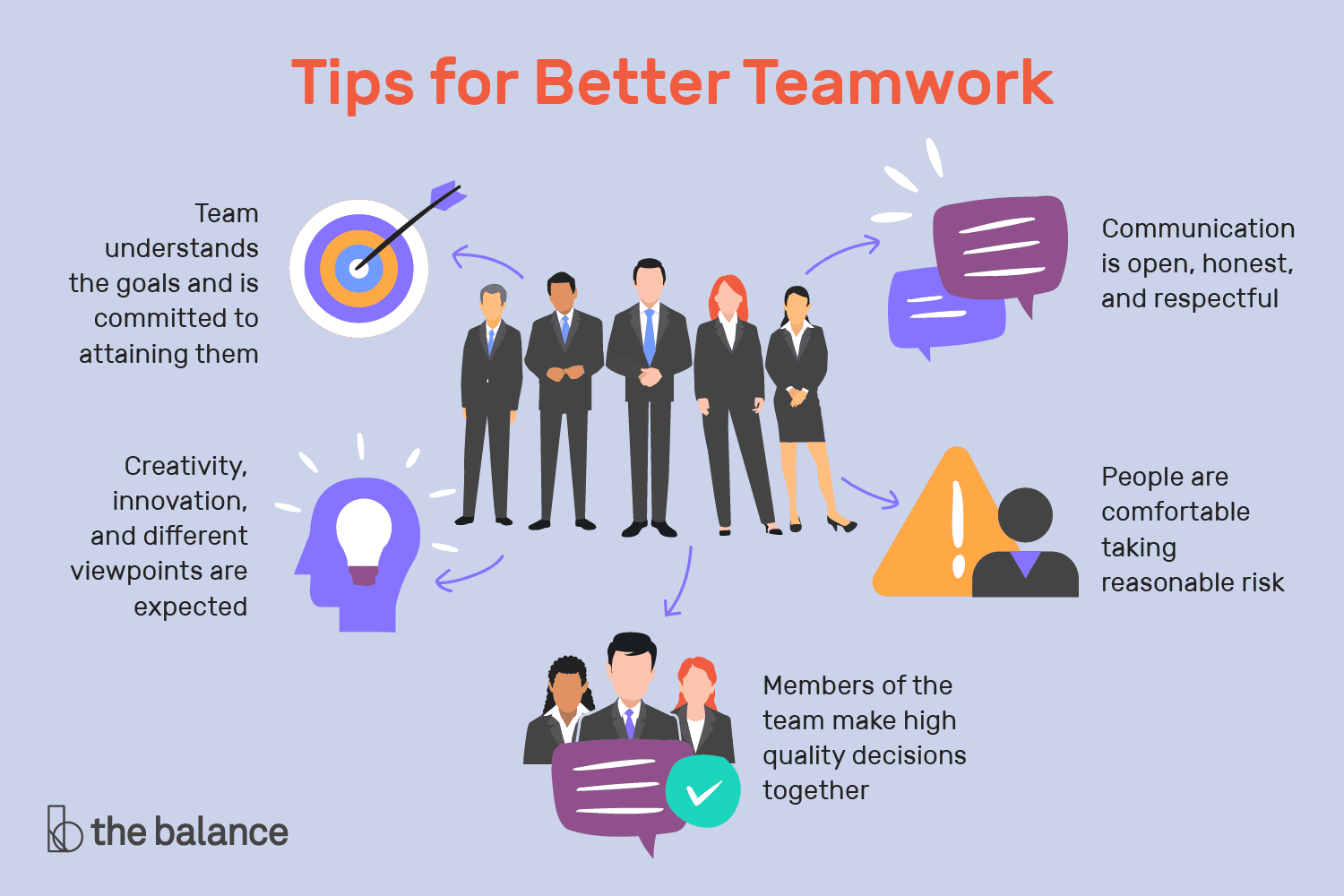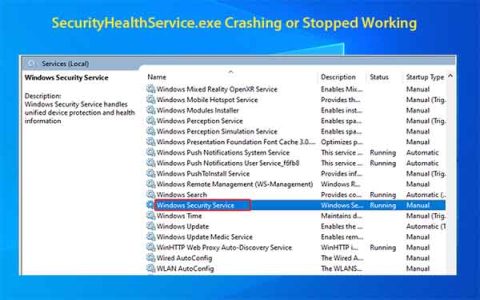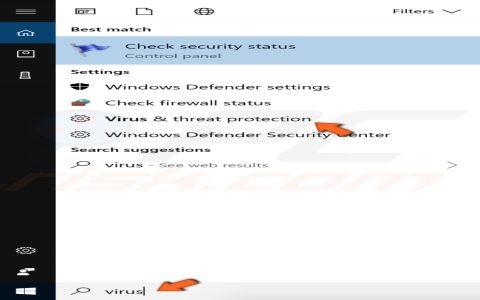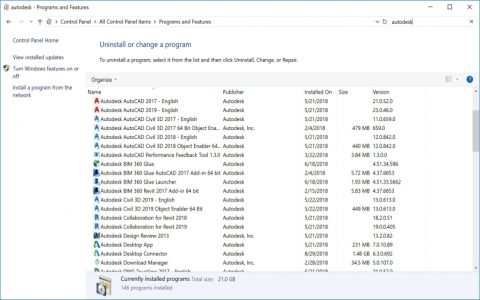To prevent teams from becoming disengaged or hesitant, focus on creating an environment of trust, clarity, and support. This involves several key strategies that address common reasons for team withdrawal.
Foster Psychological Safety
Ensure team members feel safe to speak up, share ideas, ask questions, and admit mistakes without fear of negative repercussions. When individuals feel psychologically safe, they are more likely to contribute actively and take initiative.
- Encourage Open Dialogue: Actively solicit opinions and create forums where diverse perspectives are welcomed.
- Frame Mistakes as Learning Opportunities: Shift the focus from blame to understanding and improvement.
- Promote Respectful Interactions: Discourage criticism that is personal or demeaning.
Ensure Clear Communication and Transparency
Ambiguity and a lack of information can lead to anxiety and withdrawal. Teams thrive when they understand the 'why' behind their work and the direction of the organization.
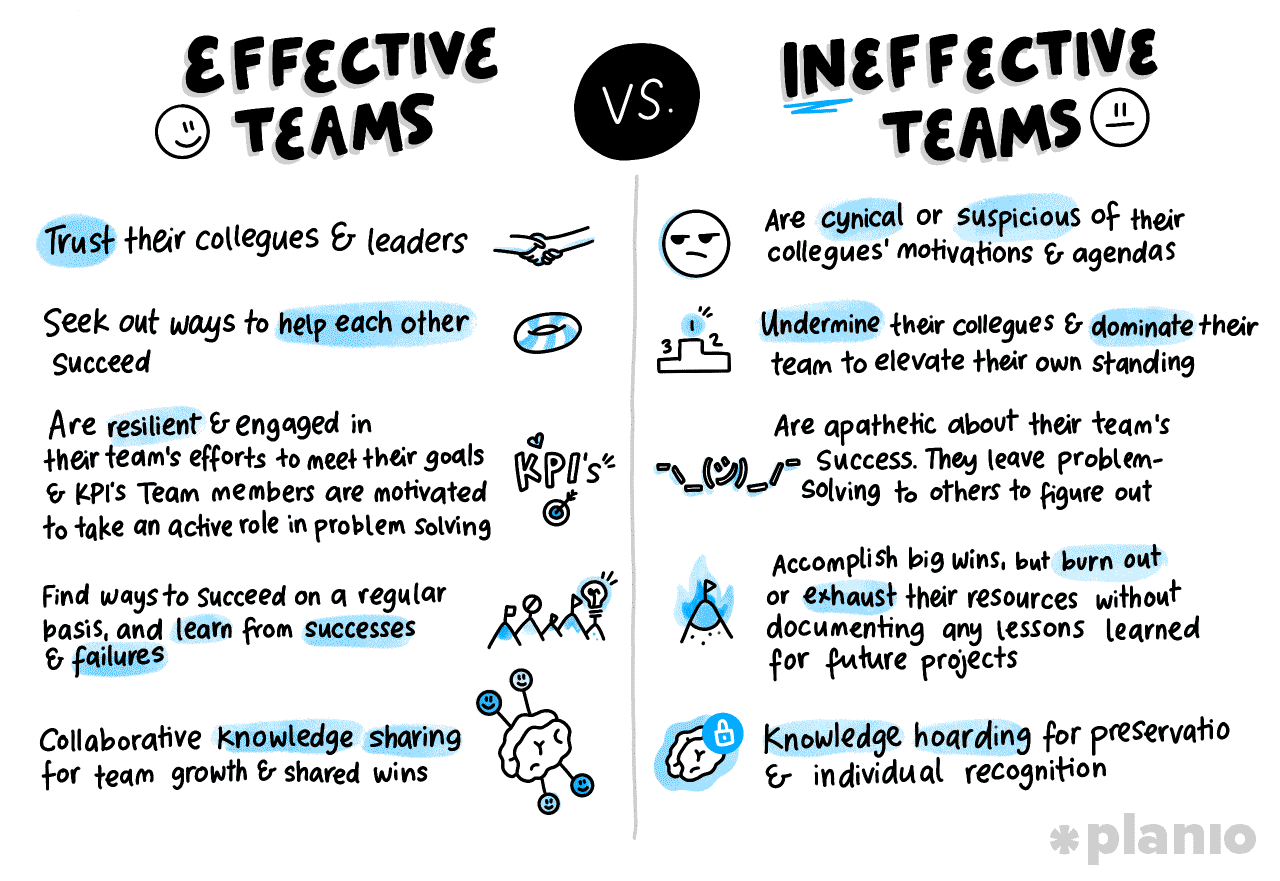
- Clearly Define Goals and Expectations: Ensure every team member understands their role, responsibilities, and how their work contributes to larger objectives.
- Be Transparent About Changes: Communicate organizational changes, challenges, and successes openly and honestly.
- Provide Regular Updates: Keep the team informed about progress, setbacks, and any adjustments to plans.
Empowerment and Autonomy
Granting team members appropriate levels of autonomy and decision-making power fosters a sense of ownership and responsibility, reducing the likelihood of them shying away from challenges.
- Delegate Meaningful Work: Trust your team with significant tasks and projects.
- Avoid Micromanagement: Provide guidance and support, but allow space for individuals to manage their own work.
- Encourage Initiative: Support team members who propose new ideas or solutions.
Provide Recognition and Appreciation
Feeling undervalued is a significant demotivator. Regularly acknowledging and appreciating efforts and achievements can significantly boost morale and engagement.
- Offer Specific Praise: Recognize specific contributions rather than generic compliments.
- Celebrate Successes: Acknowledge both individual and team accomplishments.
- Create a Culture of Appreciation: Encourage peer-to-peer recognition as well.
Cultivate a Constructive Feedback Culture
Teams need regular, constructive feedback to grow and improve. A lack of feedback, or feedback that is purely critical, can cause team members to retreat.
- Provide Timely and Specific Feedback: Don't wait for annual reviews; offer feedback regularly.
- Focus on Behavior, Not Personality: Ensure feedback is objective and actionable.
- Encourage Two-Way Feedback: Create opportunities for team members to provide feedback to leadership as well.
Manage Workload and Set Realistic Expectations
Overwhelming workloads and consistently unrealistic deadlines lead to burnout and disengagement. Protect your team by ensuring demands are manageable.
- Monitor Workloads: Regularly check in with team members about their capacity.
- Prioritize Effectively: Help the team focus on the most critical tasks.
- Set Achievable Deadlines: Involve the team in estimating timelines where possible.
Strong Leadership and Support is crucial. Leaders must be approachable, empathetic, and actively work to remove obstacles. By consistently applying these principles, you can build resilient teams that are less likely to shy away from challenges and more inclined to engage fully.
